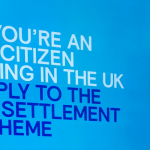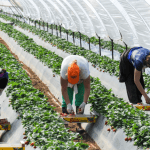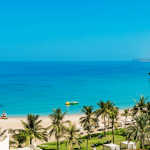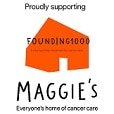Saudi Arabia Education & Training Reforms – January 2019 Update
It is three years since Crown Prince Mohammad Bin Salman unveiled Vision 2030, Saudi Arabia’s blueprint to diversify its economy, overhaul public sector services such as infrastructure, health, Saudi Arabia education & training to reduce the kingdom’s dependence on oil:
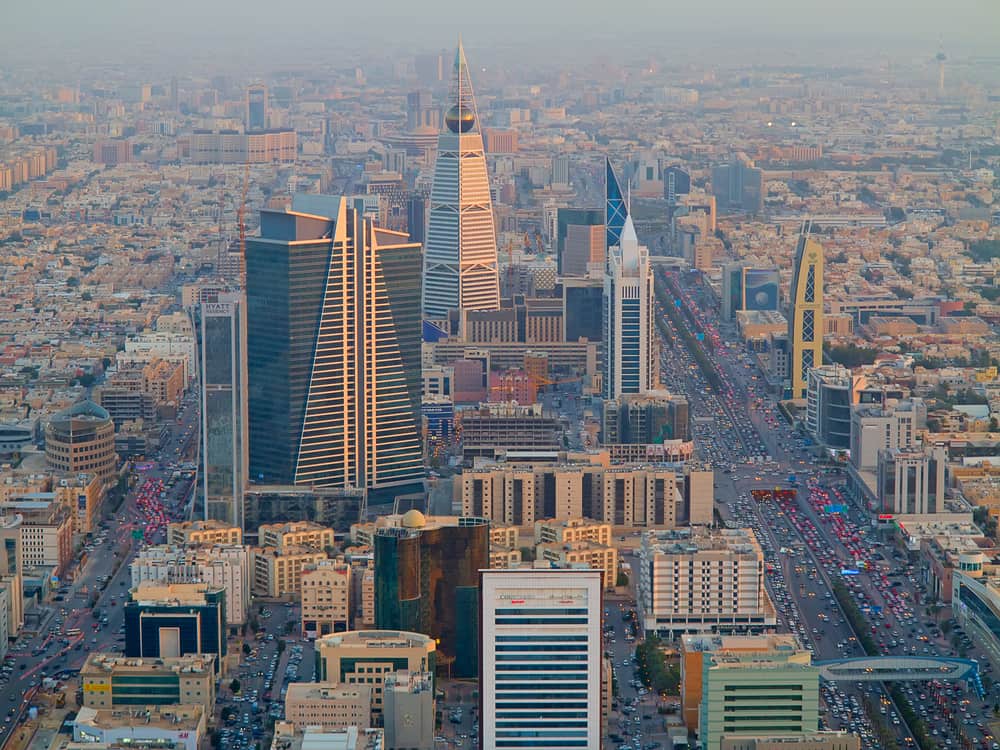
- The Saudi government’s own projections forecast growth in the non-oil part of the economy up to only 2.5 percent in 2019 from 2.3 percent in 2018. In this blog, we take a look at what progress has been made in education
- Saudi Arabia’s Vision 2030 seeks to reduce the overall unemployment rate from 11.6 to 7 percent, and increase the female participation rate from 22 percent of the labour force to 30%
- The Saudi government Saudi labour force will reach about 8.6 million by 2030 with a 44 percent participation rate. An average of 203,000 jobs will need to be created each year for Saudis entering the labour market
Saudi Arabia Announced $295bn Investment In Vision 2030, Largest Budget In Its History
On 26 January 2019 Saudi Arabia’s King Salman announced a 1.11 trillion Saudi riyal ($295 billion) budget for Vision 2030 to push through its economic reforms this year, with more than two-thirds of the planned budget allocated to the military, security services, education and healthcare. The budget is 7% up in 2017
We Are Currently Recruiting NDT & Welding Instructors Saudi Arabia!
Saudi Arabia Education Reforms Supporting Vision 2030 – The Need To Bridge The Knowledge Gap
As part of Saudi Arabia’s Vision 2030 reform plan, a major focus has been placed on youth and their education. Improving the quality and nature of education to enable youth to innovate and be creative will prove key to achieving Vision 2030 goals.
 However, in 2018 Saudi Arabia still only ranked 66th out of 134 countries in the Global Knowledge Index*.
However, in 2018 Saudi Arabia still only ranked 66th out of 134 countries in the Global Knowledge Index*.
The index results were announced in Dubai in December 2019 by the Mohammed bin Rashid Al Maktoum Knowledge Foundation, in partnership with the UN Development Programme (UNDP), to measure the knowledge sector in 134 countries.
The aim of the index is to map trends in different areas of knowledge to be able to identify challenges facing countries in the field.
Saudi Arabia scored high in sectors such as health and environment, information and communications technology and features of the labour market. It also proved strong in research, development and innovation, ranking 38th, and the economy, at 47th.
But in other sectors, the Kingdom scored relatively low. Technical and vocational education and training was ranked in 117th position. The Kingdom is hoping that a focus on innovative education will boost its ranking.
Khaled Abdul Shafi, director of the regional bureau for the UNDP said focusing on education will be paramount for Arab countries, including Saudi Arabia.
“Education can give young people this freedom and not consider that it should be based on memorization,” he added. All the stages of education are important, and if Arab countries focus on education, we’ll be in a much better position compared to where we stand now.”
The knowledge gap between the Arab world and West countries is large, with the exception of the UAE and a few other countries. Abdul Shafi blamed this on the quality of education in the Arab world, which he said is based on spoon-feeding and does not encourage innovation as much as it should. “It’s also not really related to the marketplace, so students are graduating without really having the skills required for the economy,” he added. “Education is the main reason, so we need to pay a lot of attention to the education sector in all its different stages to enhance its quality. It’s very important to determine where the problem is to work on dealing with it.”
He said research, development and innovation as a whole are lacking in the Arab world compared to other countries, with an absence of youth participation and the unavailability of data and research.
“The importance of the index isn’t the ranking of countries, but to analyze the knowledge status in each country,” he added.
Saudi Arabia has begun developing initiatives in an attempt to bridge the knowledge gap with Western countries:
- In December 2018 the Education Ministry reiterated its commitment to raising the standards and quality of the education system to equip young Saudi Nationals with the skills necessary to enable the Kingdom to realise Vision 2030 and compete on the global economic stage
- The Misk Foundation – Crown Prince Mohammed bin Salman’s foundation has launched a number of programmes to foster talent across the Kingdom, with the aim of developing a knowledge-based economy as the country shifts away from oil. In November 2018 the Misk Foundation’s Global Forum held its “Skills for Our Tomorrow” conference focusing on youth, knowledge and innovation.
- In December 2018 2019 Saudi Education Minister Dr. Ahmed bin Mohammed Al-Issa instructed universities across the Kingdom to introduce teachers’ training programs in the academic session 2018-19;
- Postgraduates will eligible to enrol in these programs.
- The minimum eligibility set for early childhood female teachers training program is the bachelor’s degree.
For Information Regarding Our Middle East Education & Training Recruitment Services Contact:
 Joanne Telfer
Joanne Telfer
Director
Ten Live Group
Mob: ++44(0) 7547 761779
Email joanne@tenlivegroup.com
Skype: joanne.telfer4
Tel: ++44 (0) 1236 702007
SOURCES
NOTES
*The ‘Global Knowledge Index’ (GKI) is a joint initiative between the United Nations Development Programme (UNDP) and the Mohammed Bin Rashid Al Maktoum Knowledge Foundation (MBRF) Dubai started in 2017.
The Global Knowledge Index (GKI) measures 134 countries in terms of knowledge in the context of supporting the achievement of sustainable development around the world. GKI is an initiative focusing on knowledge as a comprehensive interdisciplinary concept related to all aspects of human life, including cultural, social and economic activities. Central to the index is the belief that knowledge drives sustainable and comprehensive human development.
The GKI compiles 133 variables from reliable and updated international data sources, and is a composite index structured around seven sectoral indices:
- Pre-University Education
- Technical Vocational Education and Training (TVET)
- Higher Education
- Research, Development and Innovation (RDI)
- Information and Communication Technology (ICT)
- Economy
- General Enabling Environment
According to the results of the Global Knowledge Index, Switzerland retained its number-one rank, followed by Sweden and Finland. The United States and Luxembourg broke into the world’s top 5 countries, ranking 4thand 5th respectively, while the Netherlands and Singapore lost their spots in the top 5, ranking 6th and 7th respectively this year. The United Arab Emirates broke into the world’s top 20 countries, ranking 19 on the global level – moving up 6 positions – and first among all the Arab states while retaining its second place globally on the level of the economy.
“Data can help the Arab region speed up development in the right direction while embracing the technology of the future,” said Hany Torky, Chief Technical Advisor of the Knowledge for All Project, adding “the Global Knowledge Index plays a significant role in encouraging the countries to make their data available.”
